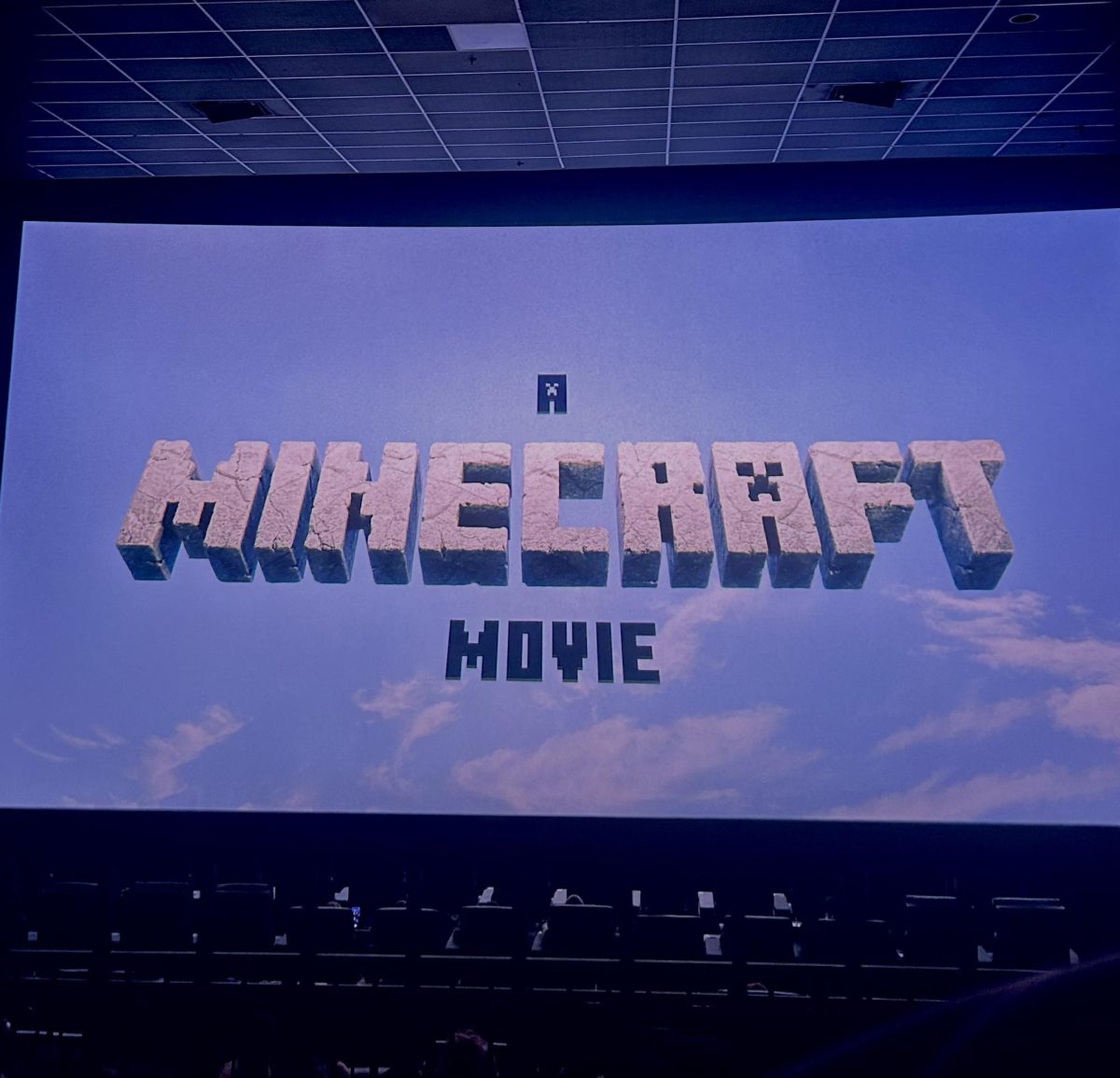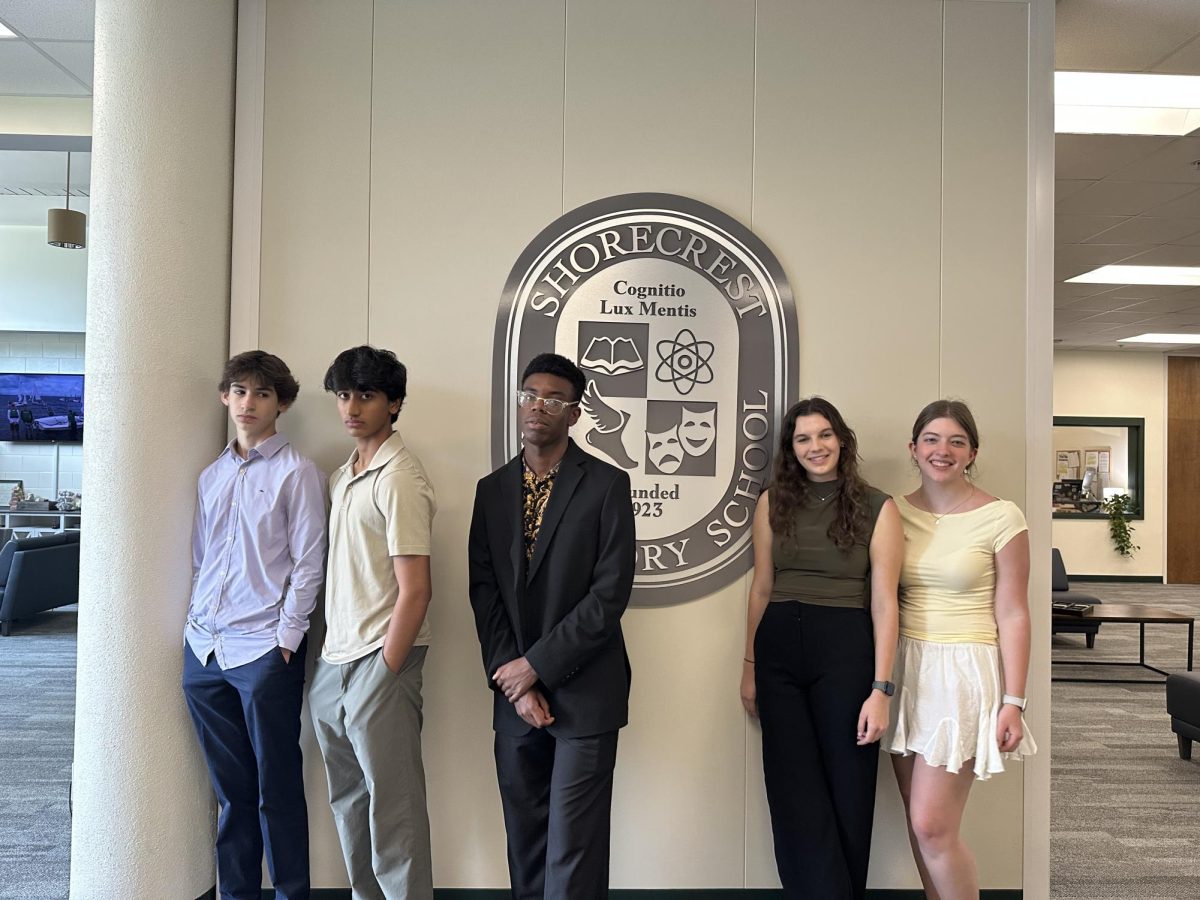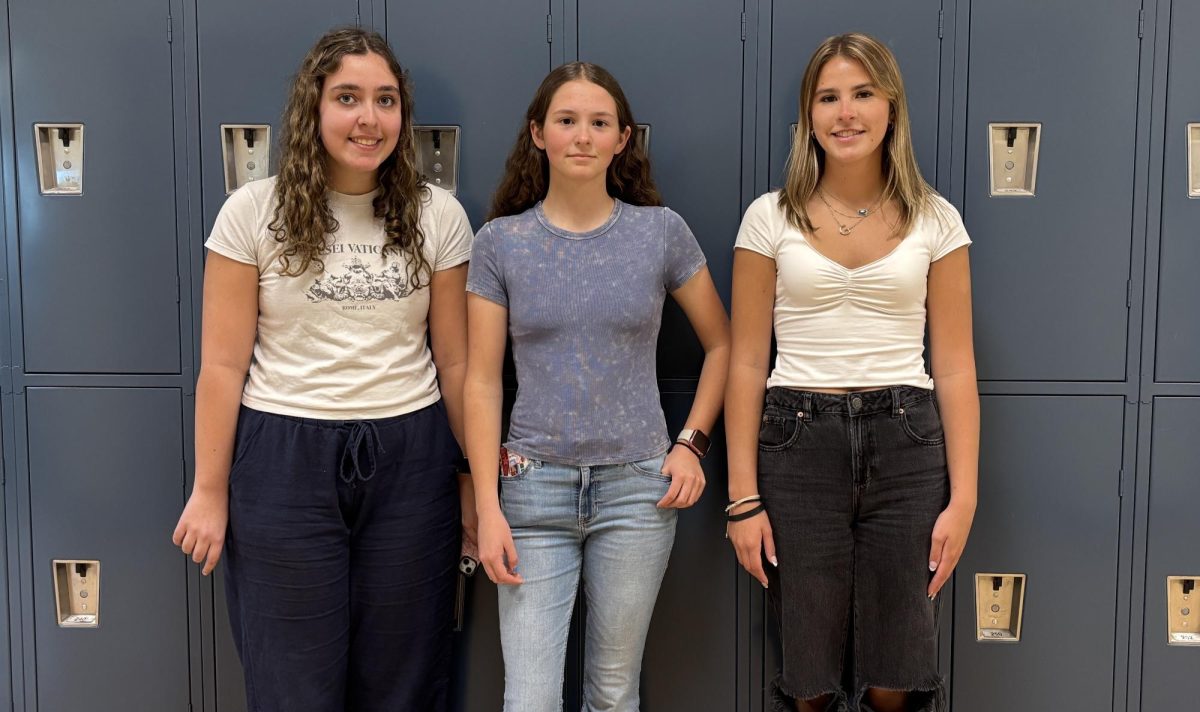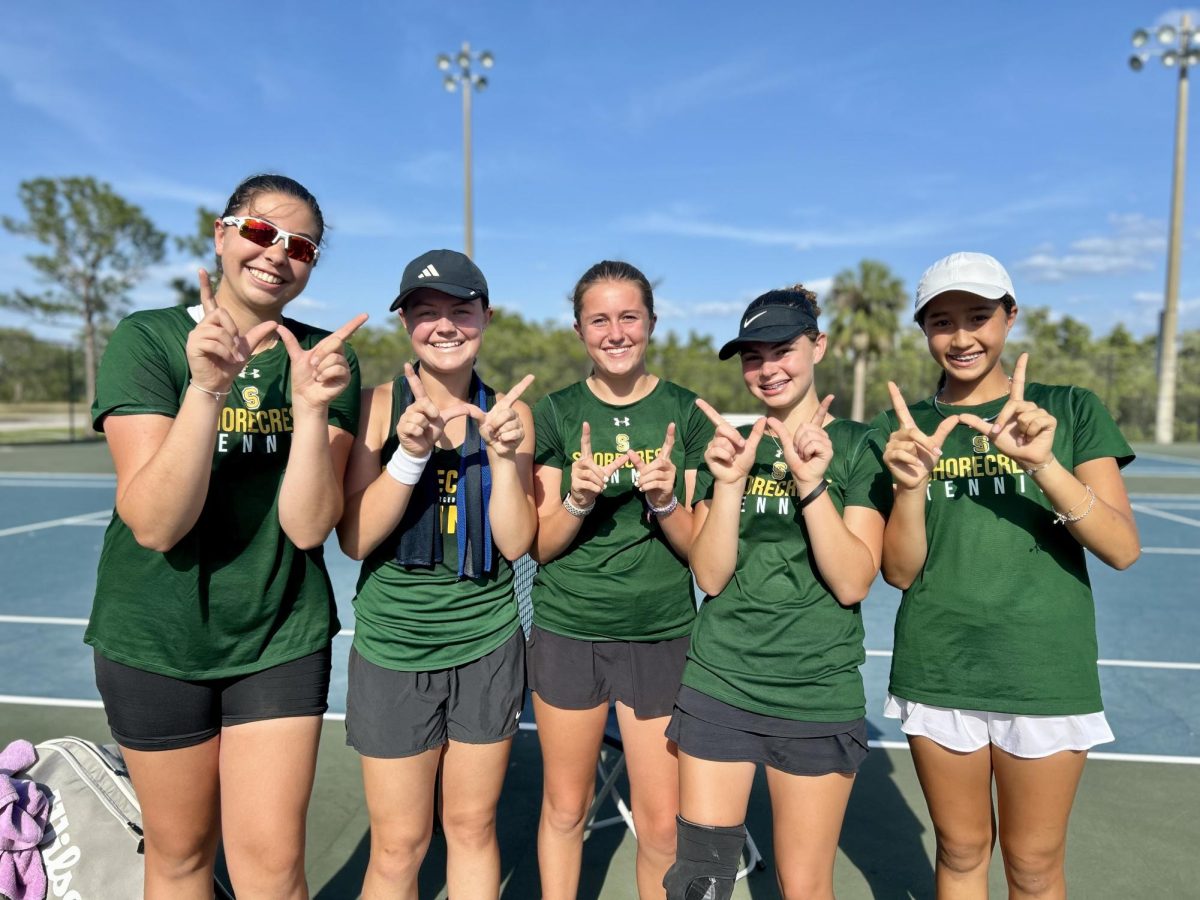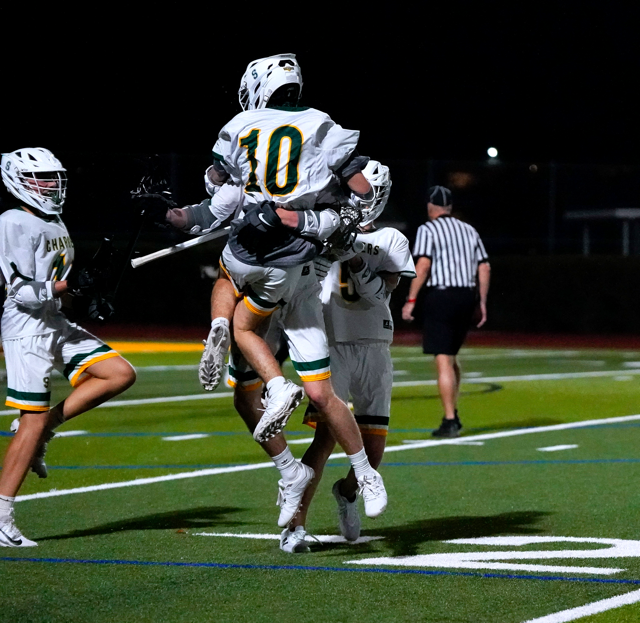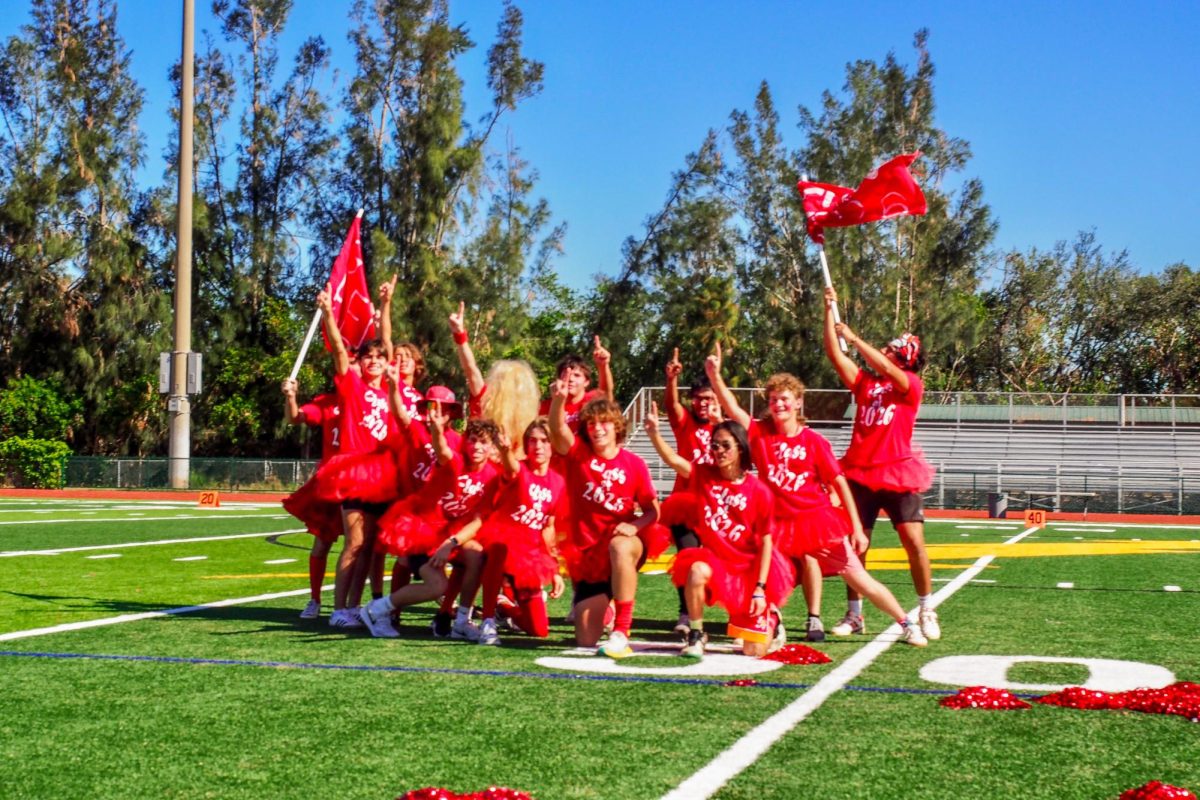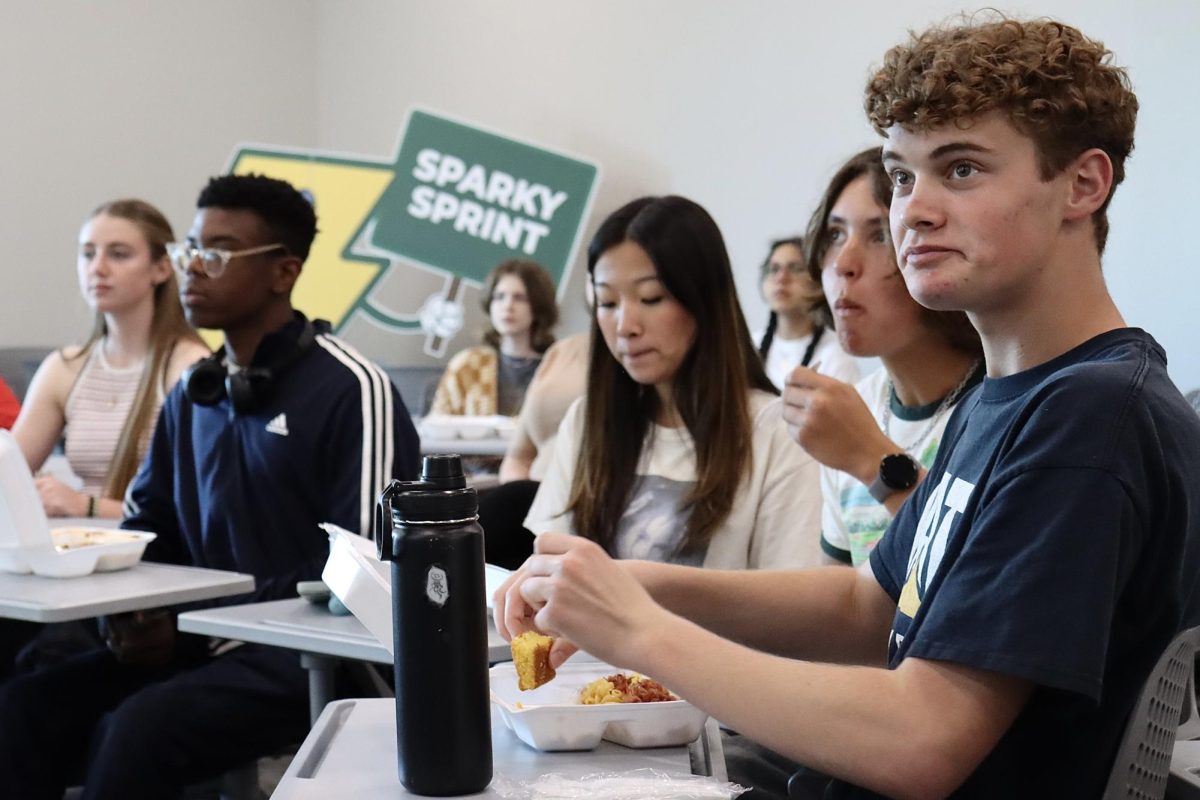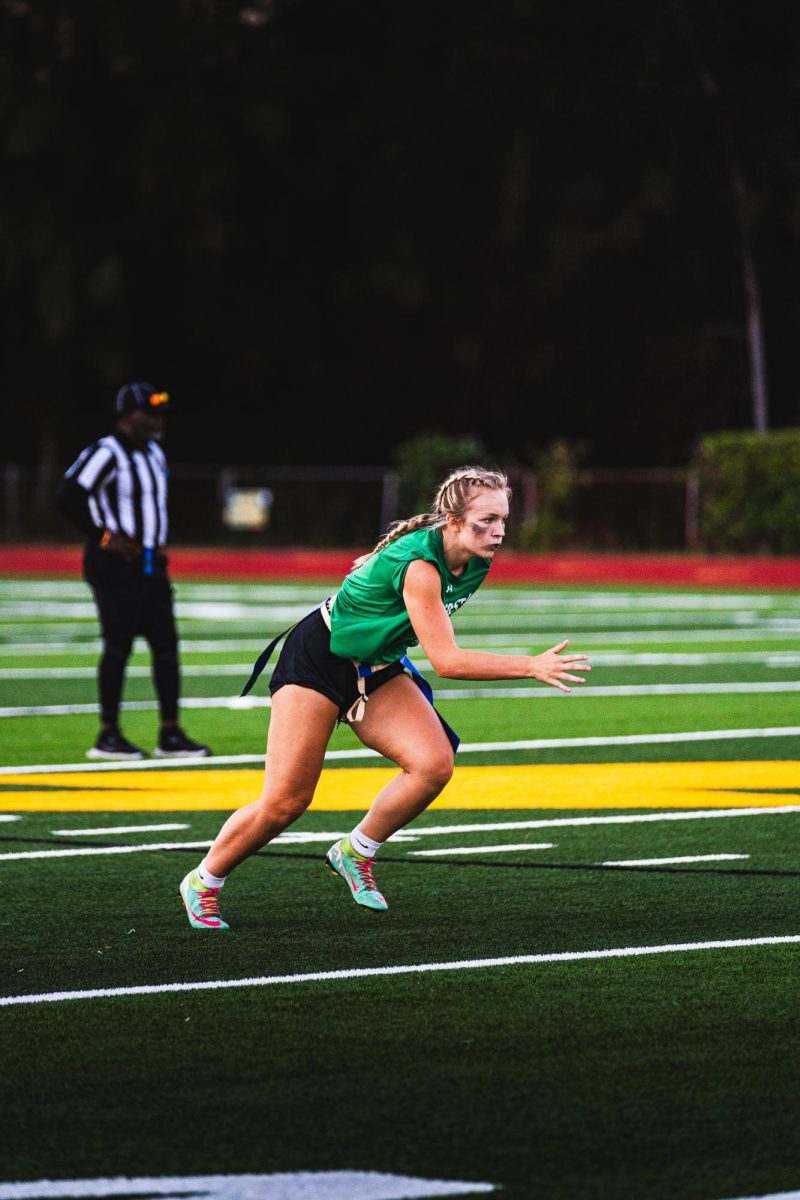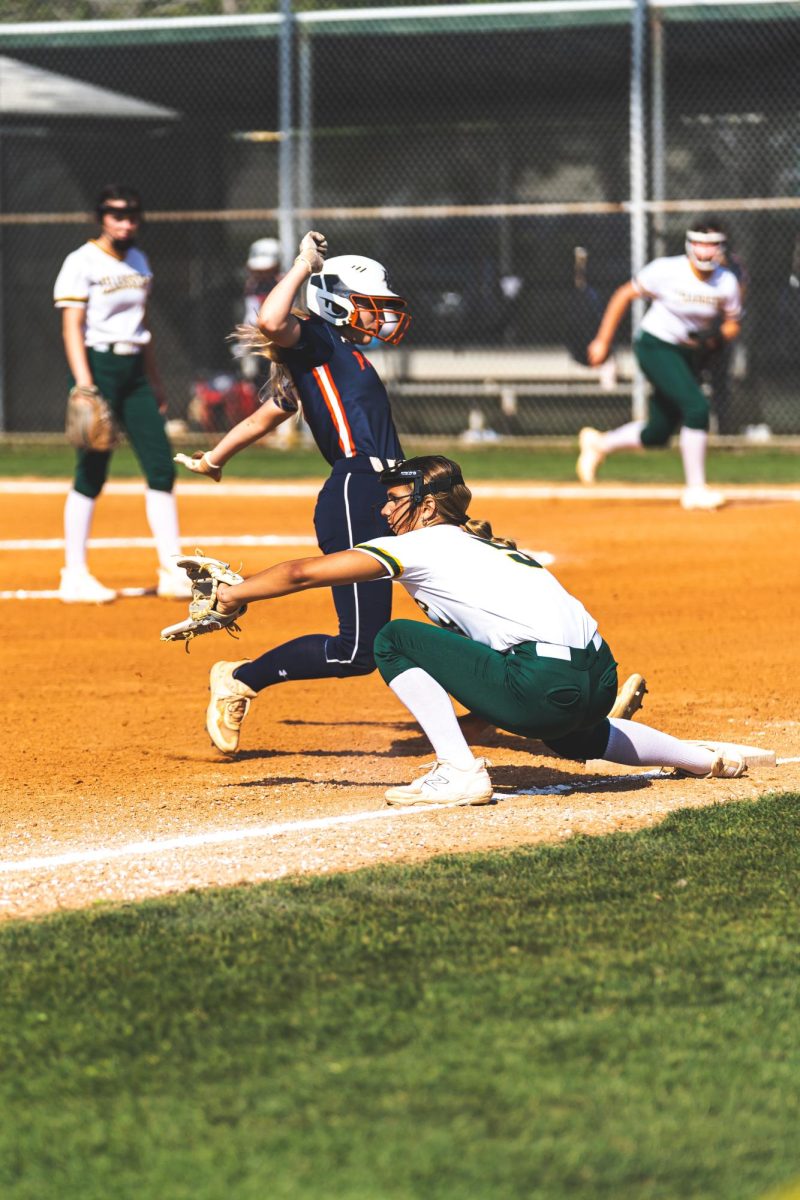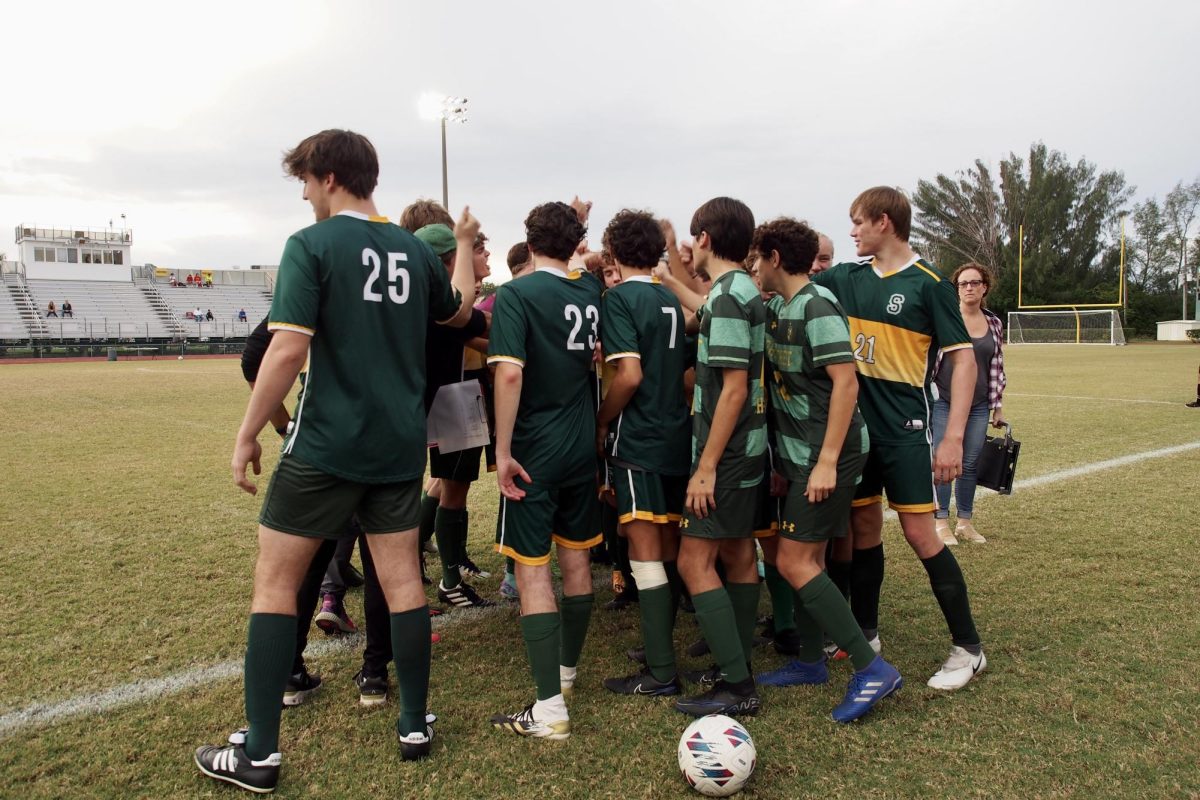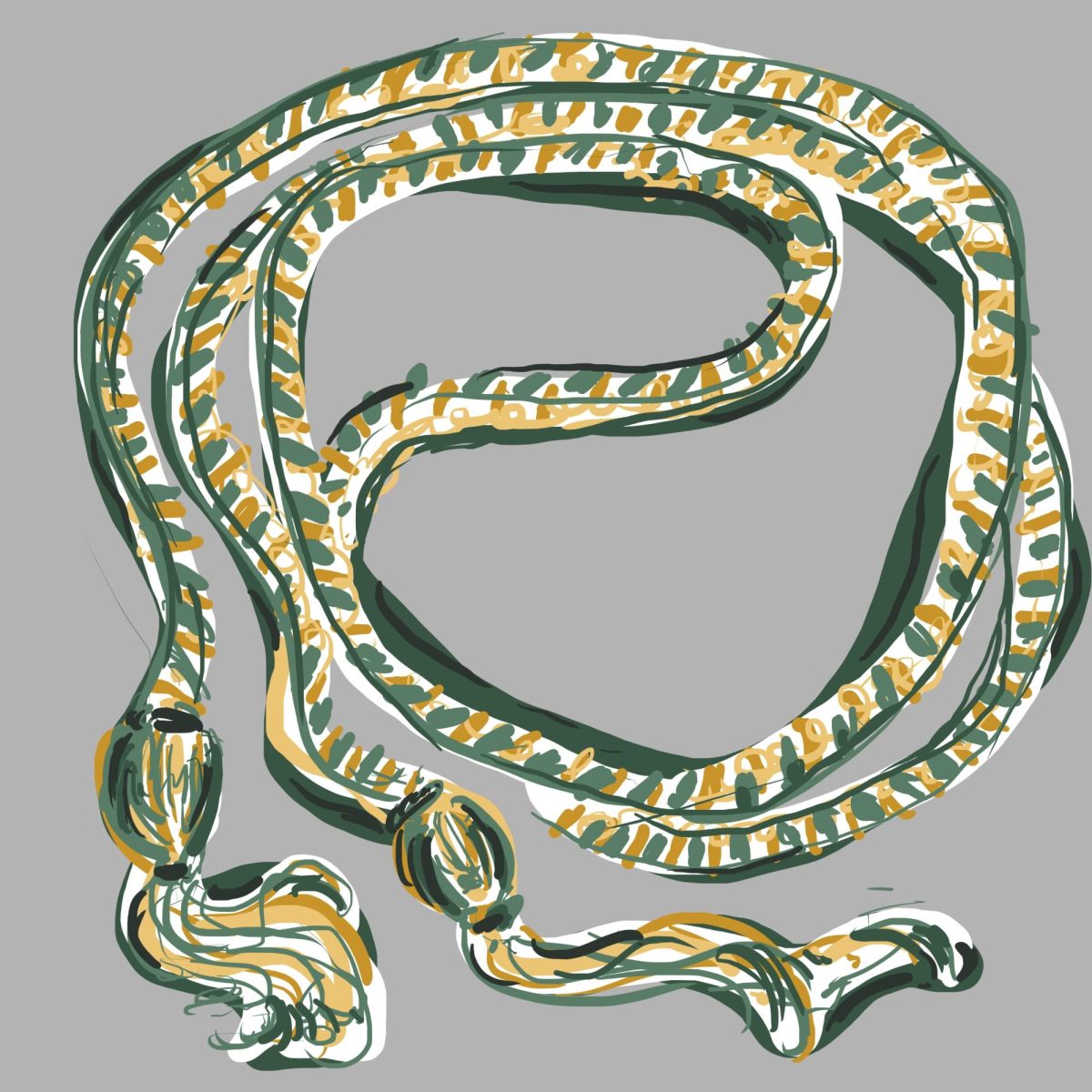Adorned in regalia, graduates present themselves to their school community one last time—a show of triumph. At my graduation, I look forward to this last gathering with each member of the Shorecrest Class of 2024. To me, graduation is a celebration of our community and its plethora of unique achievements.
To many, those achievements can be highlighted through the use of graduation cords—regalia often worn around the necks of graduates in various colors to symbolize exceptional academic achievements such as honors societies or, at Shorecrest, participation in GSI or STEAM.
Shorecrest has historically limited its use of graduation cords. According to US Assistant Dean of Student Life Stacy Alexander, “The first cord that was permitted to be worn by a Shorecrest grad was when we first graduated GSI candidates (the program was implemented in 2011 with the first GSI graduates in 2013). This was the only cord worn until we added the STEAM Signature Program in 2019 (cord awarded to the first STEAM graduate in 2021).”
From 2021 to 2023, Shorecrest temporarily added a National Honor Society cord. However, Alexander said, “it was not consistent with our policy of keeping graduation attire Shorecrest-specific.” Currently, one Shorecrest senior could have a maximum of two cords.
One may question Shorecrest’s minimal usage of cords, to which Alexander said, “It has long been the belief that Shorecrest graduation is a time to recognize students for their collective achievements as a graduating class. That is in part achieved by a uniform appearance in commencement regalia that reflects the school and its Shorecrest-specific accolades and programs.”
With this statement, we arrive at a turning point in our discussion. Alexander mentions that Shorecrest’s idea of graduation is to celebrate the “collective achievements” of the graduating class. She advances that Shorecrest believes that uniform appearance maintains this idea of “collective achievements,” effectively implying that varying appearance beyond the two current graduation cords could detract from the celebration of the class as a whole.
Reposing to this, Ethan Danielson ‘22, who graduated from Shorecrest with the NHS cord said, “I would refer to military dress in which uniformity is most important; being a uniform fighting force is a matter of life and death. Even in these contexts, the merits of soldiers are recognized on their uniforms. Not only does it provide valuable information in this context, it also serves to humanize them by providing some distinguishing features, every person is unique. I believe this line of reasoning can be extended to graduation.”
Danielson’s analogy works to assess the inherent value of uniformity. Senior Libby Cenedella adds to this. She said, “Obviously, everyone’s graduating, but the cords give the opportunity to show what you as an individual worked for throughout your experience.”
The graduation regalia speaks to one’s experience to get to where they are. In the military, merits can commend exceptional wit on the field, rank, unit, or special skills. At graduation, regalia can commend exceptional wit that led to various academic achievements, participation in honor societies, class rank, or a special accolade. These embellishments seek not to disjoint the unity, but rather to highlight remarkable performances.
Senior Josie LaMere attends DeLaSalle High School in Minneapolis, Minnesota where there are graduation cords for National Honor Society, certain leadership and school-specific awards, and other academic achievements—notably more than two cords.
From a school with numerous distinguishing cords, “There’s still plenty to feel unified about at graduation besides your attire, ” said LaMere. “You have your moment when they call you up, but for the most part, they’re addressing you as a whole class.”
Recognizing the importance of an outside perspective, I reached out to a friend who will graduate among corded classmates this May. Her insight reveals the rather underwhelming effect of cords. LaMere said, “And I think that’s why they [cords] work, you still have that distinction but it’s not a huge topic of conversation. People aren’t being flashy about it, and there’s no real sense of competition about cords.”
LaMere speaks to the analogy Danielson introduced: cords, like military merits, just sit there. They’re not placed around necks in this big hurrah, neither is the reasoning behind each graduate’s adornments read aloud during graduation. Graduation cords just sit there. Someone has to actively decide to analyze each graduate in terms of their cords to recognize discrepancies in who achieved what.
Senior Rachel Sembler said, “It’s not like anyone’s showing up with chevron or polka dots on their gowns, so I mean I don’t think they [graduation cords] take away [uniformity], I think they embellish people’s achievements if anything.”
Sembler’s right. Cords aren’t big, statement pieces. They’re just embellishments. The presence of cords are more for the graduates than the crowd.
Senior Sonoma Kasica said, “Graduation as a whole is an achievement for the entire grade, but then the cords are individual achievements—and not small, but just something to recognize that you put in extra work.”
Graduation cords ARE individual, and I think it’s okay to want to celebrate the individual things. And maybe that’s where there’s a disconnect. Shorecrest believes in a “collective” while students believe in a collective composed of unique, individual parts.
Kasica said it great. “As a class, if we’re achieving individually that means we’re achieving as a whole.” And so maybe, we should recognize all of the beautiful, individual achievements that compose the Class of 2024 collectively.
In terms of actionable items, there seems to be a consensus among students to bring more graduation cords to Shorecrest. A major call to action is to represent more honor societies—National, Mu Alpha Theta, Rho Khappa, etc.
“I think that individual honor societies should get cords as well. I mean I know other schools do it, and again it’s another individual achievement that you had to take AP-level courses to get or take more than one art class,” said Kasica.
Cenedella echoed that sentiment. She said, “I just think that honor societies are a big thing and they don’t get shown enough.” Honor societies are representative of dedication to a certain subject matter. Earning an honor society graduation cord wouldn’t be a casual affair. Rather, it would be representative of the fact that, according to Cenedella, “Everyone had the opportunity to work for that stuff, so if you took the time and effort to do it, you should be acknowledged for it.”
Furthermore, honor societies account for every subject—from STEM to the Humanities. Sembler said, “Some people aren’t science or history people, and so then they don’t have a way to get recognized for going the extra mile.” I wish I could use the exclamation reaction from iMessage.
Unless GSI or STEAM is your jam, graduates can’t be recognized for their accomplishments within their subject of interest. Kasica said, “If you won something in Thespians, you should be able to wear that. If you won something in sports, you should be able to wear that. If you won something at Scholastic, you should be able to wear that.”
While Kasica’s vision may seem idealistic, remember that graduation cords aren’t for the audience, they’re for the graduate to take pride in. Danielson, who wore an NHS cord, said, “I found that I was pretty proud to be wearing the cords for graduation, and I felt recognized for what I had accomplished.”
I understand that Shorecrest aims for unity at graduation. Truly, I understand. However, I’m unsure whether graduation cords actually detract from the sense of “collective achievement” they attempt to foster through uniform dress.
“Does achieving more mean that we are no longer part of the collective? Is the collective simply the greatest common factor in all of our successes? It is not; in other words, everyone’s individual achievement should not be reduced to that of the lowest achieving individual, and via the refusal to recognize individual successes, this is, in effect, what is being done,” said Danielson.
I tend to agree with Danielson. By refusing to recognize nuance beyond the few “Shorecrest-specific accolades,” Shorecrest reduces the collective sense of accomplishment to GSI and STEAM, when the graduating class has so much more to offer. Honor societies, among other achievements, help to differentiate the medium in which graduates used to navigate high school. Art? Journalism? Math? There are so many possibilities.
I implore Shorecrest to consider the benefit of recognizing those individual achievements that graduates have amassed by graduation. Not only is a pop of color never a bad thing, but cords serve as pops of personality throughout the green-gowned crowd. And that makes me smile—imagining seeing someone’s passion proud around their neck, entwined in the colors of the National Art Honor Society.
Graduation cords are about “recognizing people going the extra mile to get that achievement for themself, not only for their futures, but for themself,” said Sembler. The achievements are for themselves, just like the cords are. And there’s no collective without unique selves choosing to stand together. So, I, for one, can’t wait for May, when the Class of 2024 will gather one last time, each of us proudly ourself (and hopefully with the cords to show).

![Thespians pose on a staircase at the District IV Thespian Festival. [Front to back] Luca Baker, Maddison Cirino, Tanyiah Ellison, Alex Lewis, Summer Farkas, Jill Marcus, Ella Mathews, Sanjay Sinha, Isabella Jank, Sofia Lee, Boston Littlepage-Santana, Sally Keane, Tyler Biggar, Tanner Johnson, Jasper Hallock-Wishner, Remy de Paris, Alex Jank, Kaelie Dieter, and Daniel Cooper. Photo by Michael McCarthy.](https://spschronicle.org/wp-content/uploads/2024/12/image1-900x1200.jpg)





